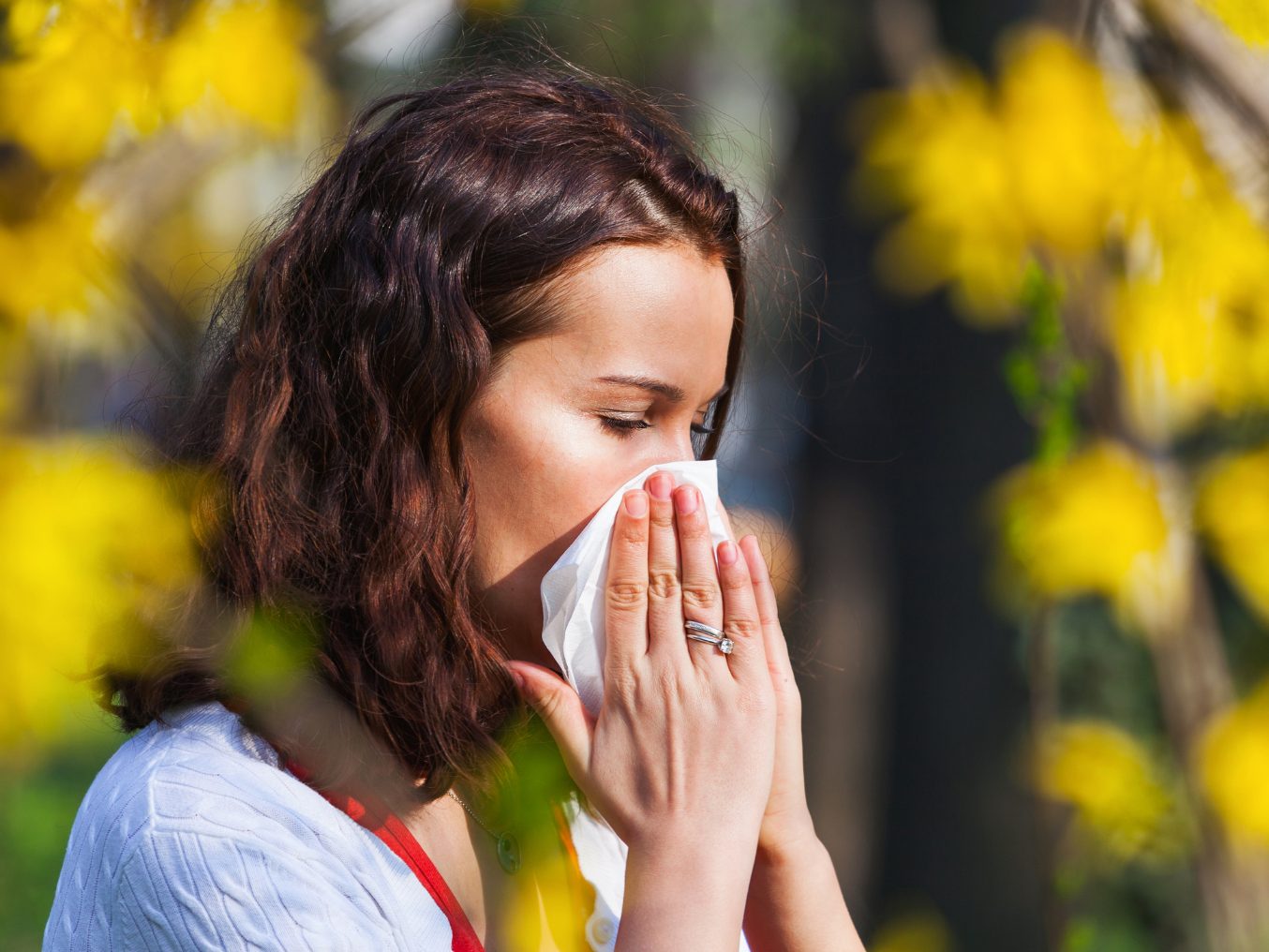Pollen Alert: More and More Allergy Sufferers Affected by Longer Season

This year, too, allergy sufferers will be accompanied throughout the year, with the offerings being continuously expanded, most recently with an AI-generated podcast, it was stated on Tuesday. 25 domestic and 500 European measuring stations provide an overview of what the population can expect.
Currently, half of the population is affected by sensitization to all kinds of substances (from pollen to animals to metals), with half of them suffering from an allergy with corresponding symptoms, according to Fritz Horak, medical director of the Allergy Center Vienna West. Those who suffer from pollen are at the forefront, with grasses and birch particularly causing runny noses, swollen eyes, and sometimes asthma. Like many "common diseases," allergies are underestimated, diagnosed too late, and treated inadequately.

Pollen Allergy: Three Therapeutic Approaches for Those Affected
Those affected can be trained on the respective allergen through immunotherapy, usually over three years, achieving a long-lasting effect, according to the expert. Additionally, there are medications that can alleviate the symptoms. Finally, one can try to avoid exposure, with the information from the Pollen Information Service intended to help. At www.polleninformation.at, one can find information about the current situation and expected exposure - also via apps, podcasts, or online self-tests.
Regarding this year's situation, hazel and alder were already active by mid-January after the warm winter and peaked in the first week of March, reported Lukas Dirr, aerobiological director of the ÖPID. The ash is expected to reach its peak between mid-March and mid-April. The birch, a major enemy of allergy sufferers, is not expected to be as troublesome this year due to its biennial cycle. After its bloom, grasses will follow, then mugwort and ragweed, until the purple alder will conclude the pollen year in December. According to Dirr, 300 days of the year are now affected by pollen.
(APA/Red)
This article has been automatically translated, read the original article here.





